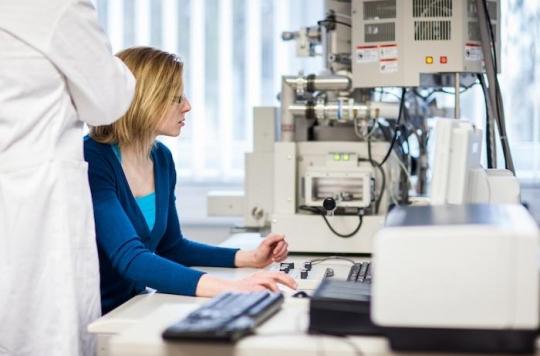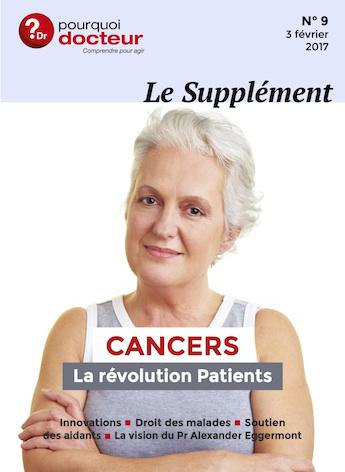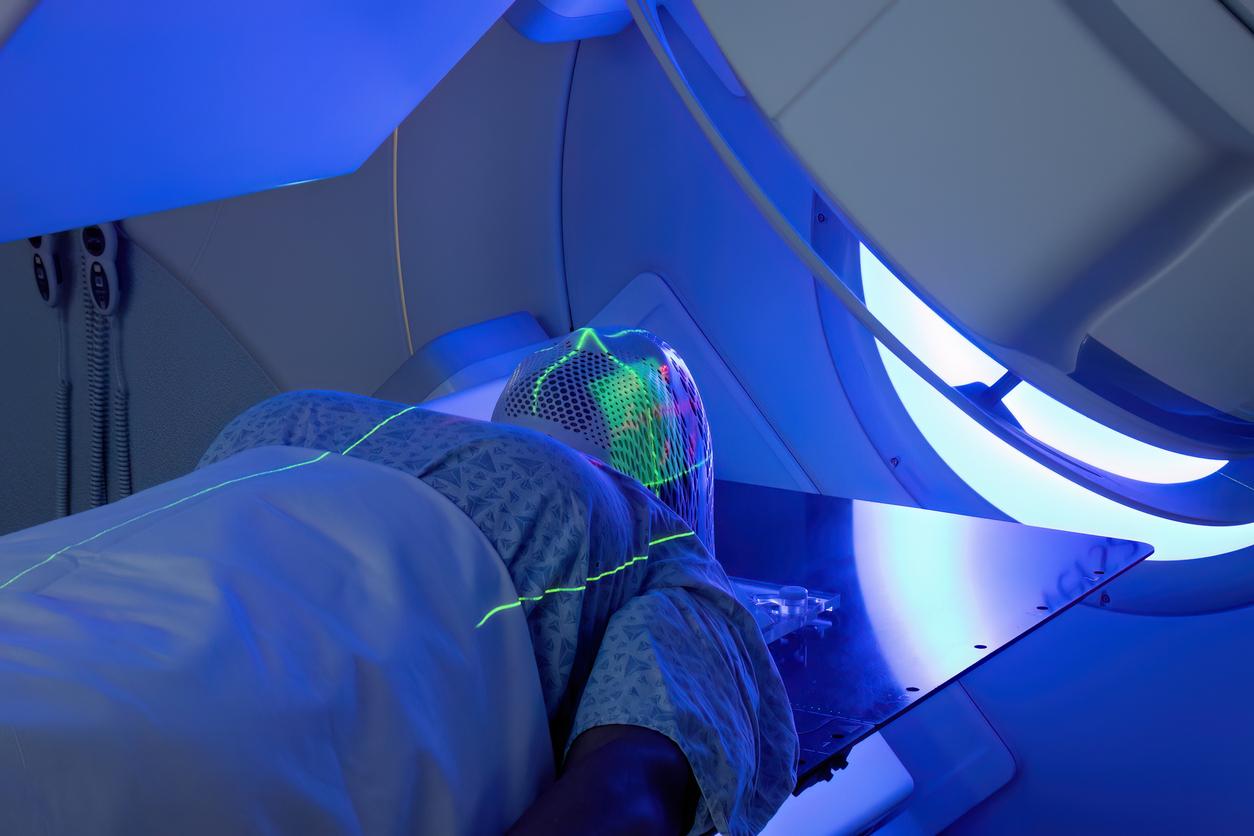A team of researchers from the Gustave Roussy Institute has proven for the first time the effectiveness of drawing up a complete genetic map of tumors.

Targeted therapies have raised a lot of hope. In recent years, more than 350 genes linked to cancers have been identified, which has helped accelerate the development of precision medicine.
A new step has just been taken thanks to the work of a team from the Institut Gustave Roussy (Val-de-Marne), Inserm and the University of Paris-Sud. In Discovery cancer, French researchers have just demonstrated the effectiveness of high-throughput sequencing of cancerous tumors.
With precision medicine, treatment is no longer based solely on the location of tumors in the body or their stage of development, but also on the presence of genetic mutations in the DNA of cancer cells.
By identifying these specific mutations, oncologists can opt for personalized treatments. One of the most iconic examples is HER2 breast cancer. Thanks to the targeted therapy, the survival of the treated women more than doubled.
However, patients with genetic alterations do not necessarily respond to targeted therapies. Resistance phenomena may appear. To more accurately predict response to treatments, oncologists would need the complete genetic map of tumors. 
Beneficial for a third of patients
An approach that works, reports the MOSCATO study led by the Gustave Roussy Institute. “In this study, we established the tumor genetic map of 843 patients, which represents the analysis of thousands of genes,” explains Prof. Jean-Charles Soria, head of the Department of Therapeutic Innovation and Early Trials at Gustave Roussy. and principal investigator of the trial.
The patients included in the study suffered from different types of cancer (head and neck cancer, gynecological, rare forms, etc.) and could not benefit from targeted therapies already available on the market. The targeted treatments offered to volunteers were mainly studied in a phase 1 clinical trial.
Doctors evaluated the effectiveness of this protocol for each patient individually. To do this, they calculated the progression-free survival of the disease with the standard treatment and then with the targeted therapy.
The researchers considered that there was a clinical benefit when survival on targeted therapy was at least 1.3 times longer than with standard treatment.
“In about half of the patients, we found mutations against which it is possible to act,” adds the oncologist. In the end, about a quarter of the patients were able to receive targeted therapy and in 33% of them, the targeted therapy slowed down the disease ”.
For Pr Soria, “the results of MOSCATO are final and decide in favor of genomic analyzes to optimize cancer treatments”. Based on these results, the team wants to increase the number of patients who can benefit from the targeted therapies under development.
“This is the objective of MOSCATO 02 where we will evaluate the molecular portraits established from a blood test and circulating DNA, but also try to better understand the resistance processes” concludes Professor Soria.

.

















